#UnitedStates
Union Boss Reassures Everyone That NAFTA Is Toast
With everyone weighing in on the ultimate fate of the North American Free Trade Agreement, it almost seems as if we’re cataloging their bets to see just how right or wrong they’ll be in the negotiatory aftermath. Considering there has been such a limited amount of progress on the trade talks, there honestly isn’t much else to do.
Suggesting that NAFTA is “is going to blow up in 2018,” Jerry Dias, president of the Canadian union Unifor, has planted his flag on the side of a total breakdown of the agreement. Unifor represents 23,500 Detroit Three auto workers living north of the border, plus some 16,000 working in the supply chain.
As a union leader, Dias is prone to hyperbolic statements. However, his insight into the situation runs a little deeper than most.
Hyundai's Labor Issues Return as Kona Production Stops Prior to U.S. Launch
Hyundai Motor Company has, once again, found itself at the mercy of an unhappy workforce. No stranger to labor disputes, the company hinted that it might scale back its at-home labor in South Korea — presumably aware that the possible response would be negative, which it was. But the timing couldn’t be worse.
The Kona crossover is believed to be the model that will turn things around for Hyundai in the United States, but a new labor strike has put the export vehicle’s production on hold only a week after it started.
Does the United States Have the World's Best Drivers? Sure, Just Ask Us
If you ask any terrible motorist how skilled they are behind the wheel, the response is often the same. “Oh, I’m a great driver,” they’ll say with a self-assured smile. Meanwhile, you’re left holding back a series of screaming rants that involve first-hand accounts of why their claim couldn’t possibly be accurate. But what about the rest of the country?
As it turns out, the general consensus in the United States is that most people think they’re a fine driver. But things get a little more complicated when you drive into people’s habits behind the wheel. In a recent survey, Driving-tests.org found that 60.8 percent of surveyed Americans thought they were an above-average driver. While that percentage can only be an impossibility, some of the claimed behaviors were slightly better than a comparative sample of international respondents.
Automakers Unify to Urge Trump to Keep NAFTA
Domestic automakers and suppliers have already expressed concerns that leaving the North American Free Trade Agreement could be detrimental to the industry. Numerous automotive trade groups have claimed that losing NAFTA would result in less efficient and more costly ways of doing business.
Hoping to steer Donald Trump away from the idea of abandoning the three-country accord, manufacturers, parts suppliers, and dealers have come together to form the “Driving American Jobs” coalition. The group’s primary goal is to prove that NAFTA has been beneficial to the participating countries, especially the United States. It also makes the claim that withdrawing from NAFTA would re-establish trade barriers, hurt the U.S. economy and cost jobs.
“We need you to tell your elected officials that you don’t change the game in the middle of a comeback. We’re winning with NAFTA,” urges the group’s website.
United States Approves Fix for 38,000 Volkswagen Group 3.0-liter Diesel SUVs
On Monday, the Environmental Protection Agency announced it had approved a fix for the remaining 38,000 Volkswagen Group vehicles equipped with emissions-cheating 3.0-liter diesel engines. That’s potentially very good news for Volkswagen, as it’s a decision that could save the company a truckload of cash.
In May, VW agreed to spend over $1.22 billion to repair or buy back nearly 80,000 vehicles with 3.0-liter engines as part of its “dieselgate” settlement. The manufacturer was also obliged to pay owners of fixed units between $8,500 and $17,000. However, there was an additional fine of $4.04 billion if the EPA and California Air Resources Board were unwilling to approve repairs on all 3.0-liter vehicles.
With a fix now in place for 38,000 Porsche Cayenne, Volkswagen Touareg, and Audi Q7 SUVs, the company may have just saved itself a over a billion dollars.
Obligatory NAFTA Update: Mexico and Canada Reject U.S. Proposals as Talks Wrap Up
As the fifth round of NAFTA talks come to a close, Mexico and Canada continue to reject the United States’ demands regarding automobiles, diary, dispute panels, government procurement and the sunset clause. Among the more recent automotive proposals kicking up dirt is the U.S.’s wish to include steel in NAFTA’s tracing list and increase the mandatory local content of every car built in North America. The attempt has annoyed foreign officials and left the industry fretting about increased production costs and complexity.
The increasingly tense nature of the talks has left many wondering if President Trump will make good on his earlier threat to leave NAFTA. However, plenty of analysts are of the mind that a deal will eventually be reached between the three countries.
Ending NAFTA Could Cost U.S. 50,000 Auto Jobs: Study
Automotive trade groups have issued warnings about the scrapping of the North American Free Trade Agreement all year. In January, the Center for Automotive Research claimed killing NAFTA could result in the elimination of at least 31,000 auto jobs within the United States. This week, a new study sponsored by the Motor Equipment Manufacturers Association upped that estimation to around 50,000.
With early negotiations not going particularly well at the moment, the new tally serves as a potential warning. If NAFTA is abandoned, North American countries would all likely revert to rules dictated by the World Trade Organization, resulting in higher tariffs from all sides.
While 50,000 fewer jobs is the upper echelon of what could be expected, a few things have to go wrong for it to reach that point. First, Mexico and Canada would have to revert to pre-NAFTA tariff levels — which were comparably higher than the United States. If so, manufacturers would almost assuredly begin sourcing more parts from the same countries where the vehicles are assembled, and gradually move production to lower-cost regions like China.
The NHTSA: Broken Down, Short on Staff, Slow on Change
The United States is still waiting on a glut of senior appointments within agencies that affect the automotive industry. While the Environmental Protection Agency eventually got Scott Pruitt, many high-ranking positions remain vacant at the EPA and other U.S. regulatory groups. The National Highway Traffic Safety Administration is still missing an administrator, chief counselor, director for government affairs, chief financial officer, and one enforcement chief.
With so many holes in its staff, former NHTSA officials and consumer advocacy groups are worried the agency has been rendered ineffective — essentially stalled on important decisions and issues that need the right kind of signature. Eight months is a long time to wait for an appointment and the NHTSA was only just given a deputy administrator, after former executive director Jack Danielson’s promotion.
U.S. Attempts to Convince South Korea to 'Buy American'
Officials from the United States and South Korea held a special session in Washington on Wednesday as part of U.S. Trade Representative Robert Lighthizer’s request to consider amending the two countries’ trade agreement. The joint talks serve to reassess the countries’ five-year pact, with the Trump administration aiming to diminish America’s growing trade deficit with South Korea.
One of the largest issues concerns the automotive industry. Korean rules stipulate a cap on the number of vehicles U.S. automakers can bring into the country each year that adhere to the country of origin’s safety standards. Presently, that quota sits at 25,000 vehicles per manufacturer. However, no U.S. company has ever made full use of the quota. General Motors, which is the most popular U.S. brand in South Korea, only sold 13,150 domestically built units in 2016.
U.S. Is Intentionally Sabotaging NAFTA Trade Talks, Officials Claim
President Donald Trump entered into office threatening to abandon the North American Free Trade Agreement if the United States was not given a better deal immediately. But, after negotiations began, it looked as if his ultimatum would be unnecessary.
Now, U.S. officials involved in NAFTA negotiations are being accused of making proposals on issues Mexico and Canada have said they would never agree to. Are these bold negotiation tactics being used to place the U.S. in a better position for future issues, or are trade arbitrators intentionally trying to sabotage talks so Trump can make good on his promise to leave the agreement?
The Interstate Battle Royale for Mazda and Toyota's Super Factory
The funny thing about job creators is that they don’t always, you know, create any jobs. So, when a business lets slip that it might have 4,000 positions on offer in the near future, every state with an unemployment rate higher than zero takes notice.
Mazda and Toyota’s joint factory — codenamed Project Mitt — is one such example, and now over a dozen U.S. states are simultaneously competing for the opportunity to host the $1.6-billion factory and the thousands of direct and indirect jobs it will yield.
When the Japanese automakers publicly revealed their cooperative venture a couple of weeks ago, they made it clear they had not yet picked a site — sending economic development offices into a frenzy. But what locale will emerge victorious has a lot to do with what the region can offer the manufacturer, including potential tax incentives, tempting job training programs, and investments into infrastructure.
An affordable and abundant workforce is also desirable — an element that distinguishes many states from one another. But no single area has everything on offer, leaving the final decision of where to build up in the air.
NAFTA Renegotiations Begin, Automakers Worried Over Rules of Origin
The first round of the North American Free Trade Agreement renegotiations begins on Wednesday. U.S. President Donald Trump, Mexican President Enrique Peña Nieto, and Canadian Prime Minister Justin Trudeau have planned to meet in Washington, D.C. on August 16th and stay through the 20th to discuss trade policy. Afterward, NAFTA debates will be led by U.S. Trade Representative Robert Lighthizer, Canadian Foreign Minister Chrystia Freeland, and Mexican Economy Minister Ildefonso Guajardo.
While this all began as a Trump campaign promise to renegotiate a better deal for the United States (or abandon the trade agreement entirely), it has evolved over the last six months into an opportunity to modernize NAFTA policies. There’s no firm deadline for the three countries to reach an agreement, but Mexico is pushing for the process to wrap up before its presidential campaign begins in earnest in February.
The Sport Utility Vehicle: America's Gift That Keeps on Giving
Not to sound overly patriotic or offend my Canadian coworkers, but United States is responsible for giving the world so much greatness that it’s difficult not to get a little misty eyed when I stop to think about it.
America’s long history of inventiveness has blessed the globe with modern marvels like sunglasses, chewing gum, kitty litter, the atomic bomb and, of course, sport utility vehicles. While the atomic bomb doesn’t get much broad praise these days, the rest of the aforementioned items are exceptionally popular outside the nation’s borders — especially SUVs and their bastard offspring, the crossover.
In fact, they’ve been such a runaway success that SUVs accounted for over 25 percent of all European passenger vehicle sales in 2016. That’s up from 21 percent in 2015 and there’s no sign of it stopping anytime soon. Sport utility vehicles are expected to surpass a third of the region’s new vehicle market by 2020. Assumedly, America’s own SUV sales will be hovering around 100 percent by then — maybe more. But let’s not discount how crossover-crazy the rest of the globe has become or forget to remind ourselves that most of the world’s best-selling SUVs aren’t exactly “Made in America.”
Give the U.S. Government a Piece of Your Mind About Fuel Economy Rules
While the Trump administration continues gearing itself up to loosen fuel standards for automakers, much to the chagrin of environmentalists and other countries, the agencies that set those benchmarks want to pick your brain a little before making a final decision. You’ve got an opportunity to be part of the process — the painfully boring, yet incredibly important, process.
On Thursday, the U.S. Environmental Protection Agency and the Department of Transportation opened a public comment period on the reconsideration of the standards for greenhouse gas emissions for light vehicles built for the 2022-2025 model years. Additionally, the EPA wants comments on the appropriateness of the existing 2021 standards. The agencies are inviting the public to submit any relevant (i.e. factual) data and information that can inform a final decision of the standards.
U.S. Plans to Schedule Opening NAFTA Talks in Roughly 90 Days
U.S. Commerce Secretary Wilbur Ross want to begin formal talks to renegotiate the North American Free Trade Agreement with Canada and Mexico in a little over three months, adhering to the campaign pledges made by President Donald Trump last year. Ross explained to reporters that “sometime in the next couple of weeks” he will issue a notice to Congress stating the Trump administration intends to start formal NAFTA negotiations in just 90 days.
However, since he expressed his intentions in front of a gaggle of reporters, Congress is probably already aware. But it won’t be “official” until they get a piece of paper signed by the appropriate parties on the applicable letterhead — hopefully, embossed with a fierce-looking eagle surrounded by dollar signs.




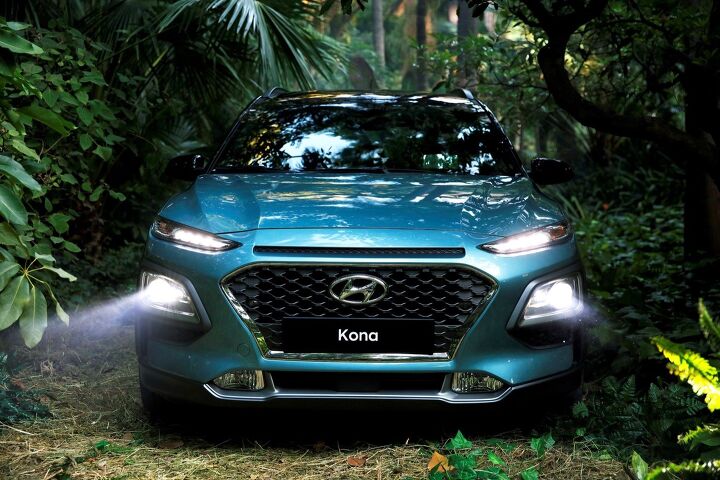





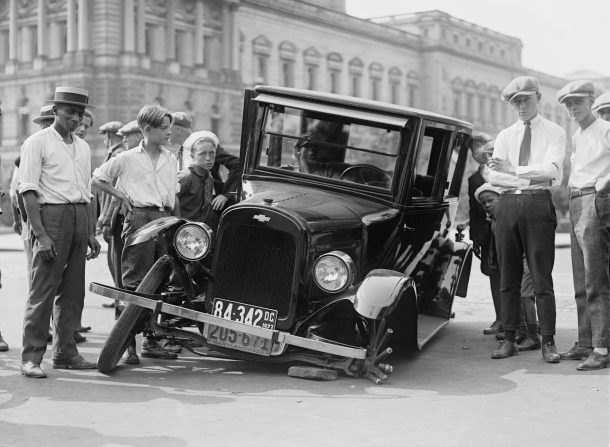
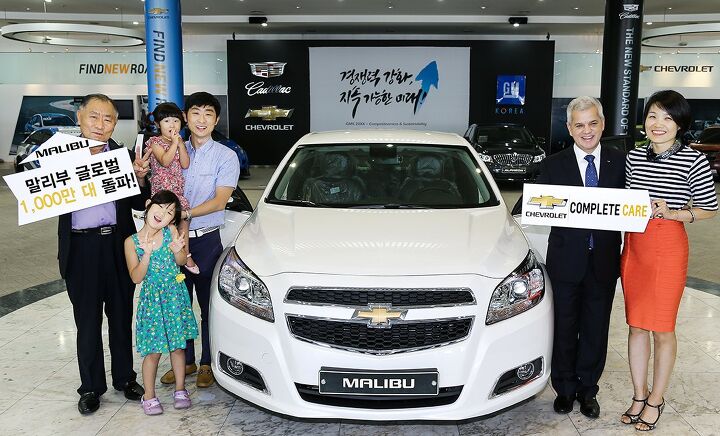
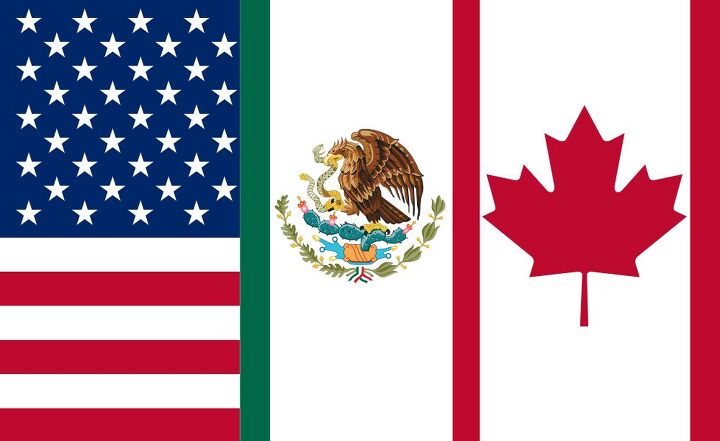
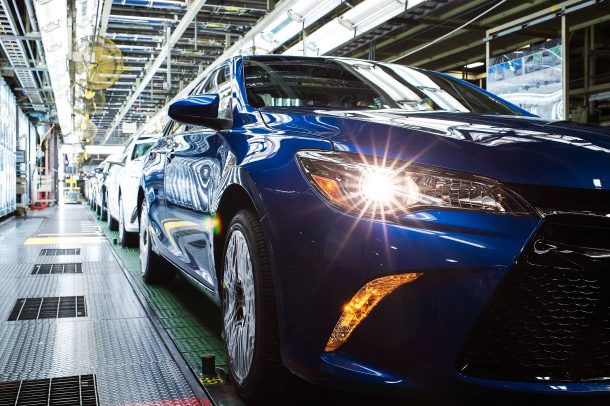
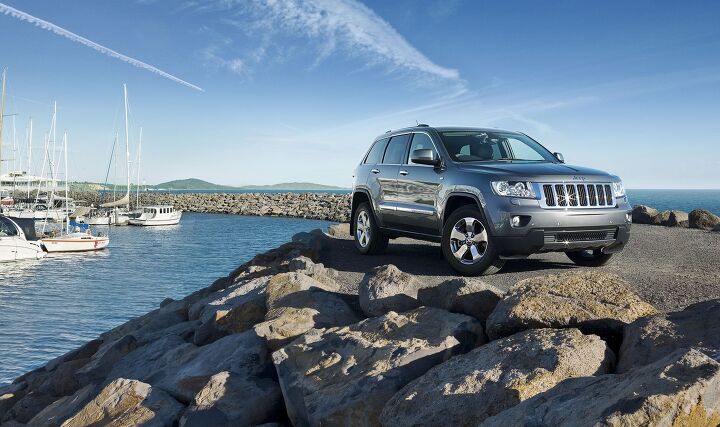
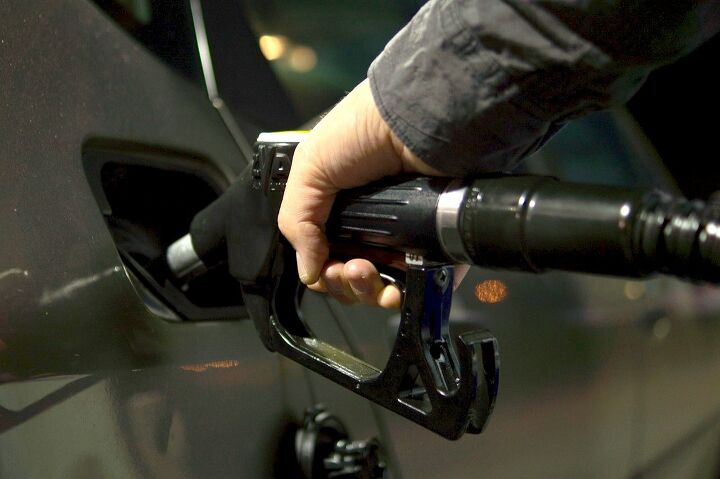
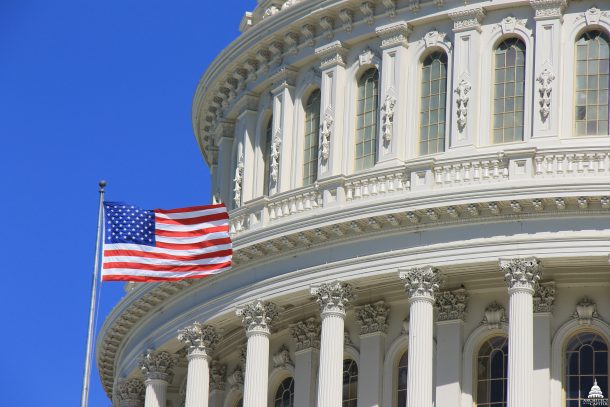












Recent Comments